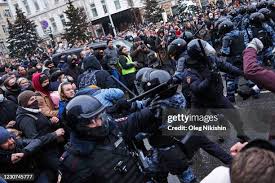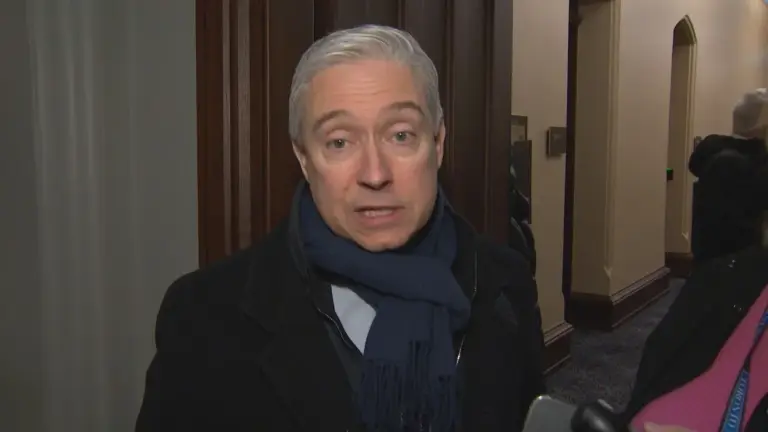
Introduction
Riots have emerged as a significant concern in various cities around the world, highlighting underlying social, economic, and political tensions. The relevance of this topic cannot be understated, as it reflects the state of civil society and the potential for conflict. Understanding the root causes of these disturbances is crucial for policymakers, community leaders, and citizens alike, as it informs strategies to foster dialogue, promote peace, and prevent future outbreaks of violence.
Recent Events
In recent months, numerous cities in North America and Europe have witnessed riots, often triggered by specific events. Notably, the death of Tyre Nichols in Memphis, Tennessee, under police custody in January 2023 reignited protests against police brutality, leading to riots in several urban centers. Similarly, protests fueled by economic disparity and a perceived lack of government responsiveness led to civil unrest in various parts of France, with thousands taking to the streets in the spring of 2023.
Experts link these recent uprisings to decades of systemic issues, including income inequality, racial injustice, and the erosion of trust in public institutions. Social media has also played a crucial role in mobilizing people quickly and organizing protests that can escalate into riots.
Key Factors Behind Riots
There are several common factors that tend to drive communities toward riotous behavior:
- Social Injustice: Many riots stem from a perceived lack of equality, whether it pertains to race, gender, or other social divides.
- Economic Hardships: Economic downturns and rising costs of living have left many feeling marginalized and neglected, which can lead to explosive reactions.
- Governmental Response: Heavy-handed law enforcement responses to peaceful protests can escalate tensions and turn gatherings into violent clashes.
- Availability of Social Media: The rapid dissemination of information through social media can quickly mobilize large groups, sometimes leading to unpredictable outcomes.
Conclusion
The recent surge in riots reflects deep-seated issues within societies that require urgent attention. As communities grapple with unrest, the need for thoughtful dialogue, real policy changes, and community engagement grows ever more critical. By addressing underlying societal issues, governments and organizations can work towards reducing tensions, fostering understanding, and ultimately preventing the onset of riots. The significance of these events extends beyond immediate damages; they signal a call to action for better governance, social equity, and an enduring commitment to peace.



